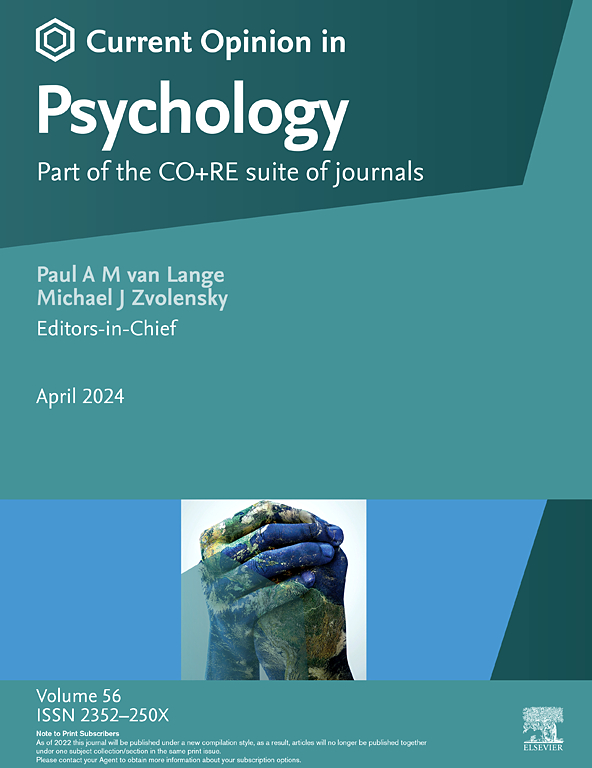OTTER框架:故意无知是工作中盟友关系的最大障碍,以及克服它的五个步骤
IF 6.9
2区 心理学
Q1 PSYCHOLOGY, MULTIDISCIPLINARY
引用次数: 0
摘要
尽管组织中的公平性、多样性和包容性(EDI)不断增强,但许多具有社会优势的个人仍然不愿成为潜在的盟友。为了理解其中的原因,本文介绍了故意无知——有意识地回避关于不平等的知识——作为盟友关系的核心心理障碍。回顾和综合现有研究的见解,我们展示了两种形式的故意无知是如何在工作中表现出来的(在意识形态光谱上,“左派”被动忽视,在“右派”中主动回避),并提出了OTTER框架来解决它们:观察、思考、交谈、检查和重新定位。通过说明每个干预步骤如何破坏优势群体成员的故意无知,我们为推进工作场所EDI提供了理论和实践指导。这项工作进一步为未来在盟友背景下的故意无知研究开辟了一条途径。本文章由计算机程序翻译,如有差异,请以英文原文为准。
The OTTER framework: Willful ignorance as the greatest barrier to allyship at work and five steps to overcome it
Despite growing equity, diversity, and inclusion (EDI) efforts in organizations, many socially advantaged individuals remain inactive as potential allies. To understand why, the present article introduces willful ignorance—the conscious avoidance of knowledge about inequality—as a core psychological barrier to allyship. Reviewing and synthesizing insights from existing research, we show how two forms of willful ignorance manifest at work (passively overlook among the “left” and actively turn away among the “right” on the ideological spectrum) and propose the OTTER framework to address them: Observe, Think, Talk, Examine, and Reorient. By illustrating how each intervention step disrupts willful ignorance among advantaged group members, we offer theoretical and practical guidance for advancing workplace EDI. This work further opens a pathway for future research on willful ignorance in allyship contexts.
求助全文
通过发布文献求助,成功后即可免费获取论文全文。
去求助
来源期刊

Current Opinion in Psychology
PSYCHOLOGY, MULTIDISCIPLINARY-
CiteScore
12.10
自引率
3.40%
发文量
293
审稿时长
53 days
期刊介绍:
Current Opinion in Psychology is part of the Current Opinion and Research (CO+RE) suite of journals and is a companion to the primary research, open access journal, Current Research in Ecological and Social Psychology. CO+RE journals leverage the Current Opinion legacy of editorial excellence, high-impact, and global reach to ensure they are a widely-read resource that is integral to scientists' workflows.
Current Opinion in Psychology is divided into themed sections, some of which may be reviewed on an annual basis if appropriate. The amount of space devoted to each section is related to its importance. The topics covered will include:
* Biological psychology
* Clinical psychology
* Cognitive psychology
* Community psychology
* Comparative psychology
* Developmental psychology
* Educational psychology
* Environmental psychology
* Evolutionary psychology
* Health psychology
* Neuropsychology
* Personality psychology
* Social psychology
 求助内容:
求助内容: 应助结果提醒方式:
应助结果提醒方式:


